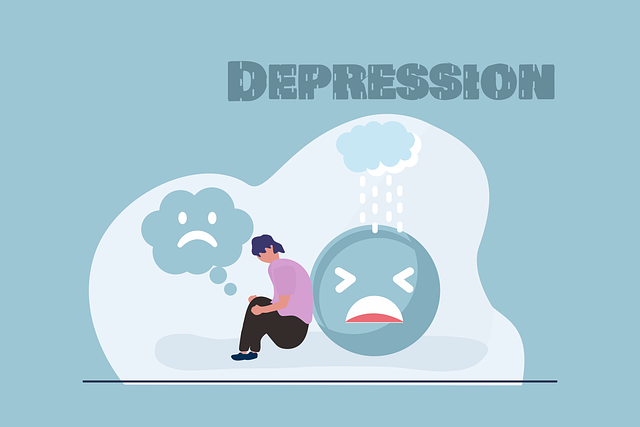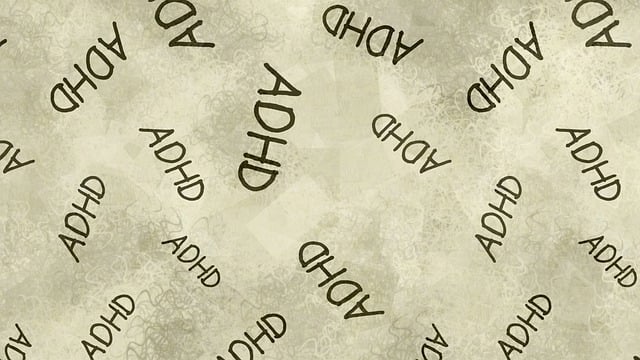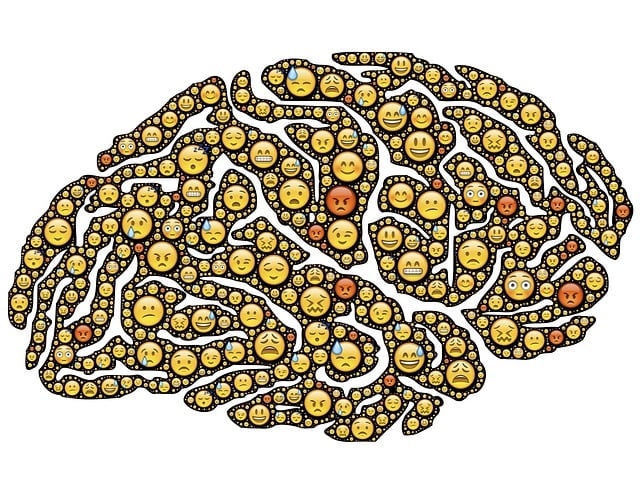Bipolar disorder in young adults presents unique challenges marked by extreme mood swings from mania to depression. Effective interventions include structured routines, mindfulness practices, compassionate support systems, and mental health policy advocacy. Crisis intervention strategies focus on immediate support, mood stabilization, symptom management, and improved communication techniques. Therapists must employ active listening, empathy, and risk assessment for safe interactions. Specialized resources like individual therapy, group therapy, CBT, DBT, and peer support groups are crucial. Fostering resilience through tailored therapy empowers patients to manage symptoms and promote long-term recovery, emphasizing comprehensive interventions for Therapy for Young Adults Bipolar Disorder.
In the intricate landscape of mental health, managing crises is paramount, especially for young adults grappling with bipolar disorder. This article navigates the critical role of crisis intervention strategies in supporting this demographic. We delve into understanding the nuances of bipolar disorder in young adults, its symptoms, and associated challenges. The focus then shifts to effective communication techniques, resource identification, and fostering resilience. By exploring these aspects, we aim to equip professionals with tools for providing specialized care through therapy for young adults with bipolar disorder.
- Understanding Bipolar Disorder in Young Adults: Symptoms and Challenges
- The Role of Crisis Intervention Strategies
- Effective Communication Techniques for Supportive Conversations
- Identifying Resources and Referrals for Specialized Care
- Fostering Resilience and Coping Mechanisms in Young Adult Patients
Understanding Bipolar Disorder in Young Adults: Symptoms and Challenges

Bipolar disorder in young adults presents a unique set of challenges. This mental health condition, characterized by extreme mood swings from mania to depression, can significantly impact a young person’s daily life and future prospects. Recognizing the symptoms is crucial for effective intervention. Young adults with bipolar may experience intense enthusiasm and energy during manic episodes, often leading to increased risk-taking behaviors and poor judgment. In contrast, depressive episodes can bring on feelings of despair, hopelessness, and fatigue, potentially resulting in social withdrawal and academic or professional setbacks.
The challenges faced by young adults with bipolar disorder extend beyond the symptoms themselves. The transition from adolescence to adulthood already presents a complex landscape of emotional and psychological development. Adding the complexity of bipolar can lead to difficulties in maintaining relationships, managing stress, and achieving academic or career goals. Burnout prevention strategies, such as structured routines and mindfulness practices, can be beneficial. Mental health policy analysis and advocacy for compassionate support systems are essential. Compassion cultivation practices have shown promise in fostering resilience and enhancing coping mechanisms among young adults grappling with bipolar disorder.
The Role of Crisis Intervention Strategies

In moments of crisis, whether it’s a sudden traumatic event or the escalation of a mental health condition like bipolar disorder in young adults, effective crisis intervention strategies can be life-saving. These strategies are designed to provide immediate support and guidance, helping individuals navigate turbulent situations and promoting positive outcomes. For young adults struggling with bipolar disorder, therapy becomes an essential tool that combines various techniques to stabilize moods, manage symptoms, and enhance overall well-being.
One of the critical aspects of crisis intervention is improving communication strategies. Mental health professionals play a pivotal role in teaching individuals effective ways to express their feelings and needs during crises. This includes active listening, clear communication, and utilizing de-escalation techniques to foster an environment of understanding and trust. By integrating these practices into mental health awareness initiatives, crisis intervention guidance becomes more accessible and impactful, ensuring that young adults with bipolar disorder receive the timely support they require.
Effective Communication Techniques for Supportive Conversations

Effective communication is a cornerstone of crisis intervention strategies, especially when supporting young adults struggling with bipolar disorder. Therapists should employ active listening techniques to demonstrate empathy and understanding, fostering an environment where individuals feel heard and validated. This involves paying close attention to both verbal and non-verbal cues, paraphrasing to ensure clarity, and asking open-ended questions to encourage clients to express their thoughts and emotions freely.
In the context of therapy for young adults with bipolar disorder, supportive conversations require a nuanced approach. Mental health professionals should aim to create a safe space where individuals feel comfortable discussing their experiences without fear of judgment. Community outreach programs and mental illness stigma reduction efforts can play a significant role in normalizing conversations about mental health. Additionally, risk assessment is crucial; professionals must be adept at gauging potential risks during these interactions, ensuring the safety and well-being of both the client and the therapist.
Identifying Resources and Referrals for Specialized Care

When assisting young adults grappling with bipolar disorder, a key aspect of crisis intervention is identifying and connecting them to specialized resources. This can include mental health professionals such as therapists or counselors who have experience treating bipolar disorder in this demographic. Therapy for young adults with bipolar disorder often focuses on individual psychotherapy, group therapy, or a combination of both. Cognitive-behavioral therapy (CBT) and dialectical behavior therapy (DBT) are commonly recommended approaches due to their effectiveness in managing mood swings, building coping skills, and enhancing overall mental well-being.
Additionally, referring young adults to support groups or community-based organizations specializing in bipolar disorder can be invaluable. These networks provide opportunities for peer connection, sharing of experiences, and the development of a sense of belonging. Organizations focused on stress management workshops or building resilience can also empower individuals to manage their symptoms effectively. By utilizing these resources, young adults with bipolar disorder can gain access to tailored care that addresses their unique needs, fostering confidence and promoting long-term recovery.
Fostering Resilience and Coping Mechanisms in Young Adult Patients

Fostering resilience is a cornerstone of crisis intervention strategies for young adult patients grappling with bipolar disorder or other mental illnesses. By providing supportive therapy for young adults, such as cognitive behavioral therapy (CBT) and interpersonal psychotherapy, healthcare professionals can equip them with effective coping mechanisms. These therapeutic approaches not only help individuals manage symptoms but also build psychological strength to navigate life’s challenges.
Incorporating confidence-boosting techniques and mindfulness meditation into treatment plans further empowers young adult patients. Mindfulness practices have been shown to reduce the impact of stigma associated with mental illness, fostering a sense of self-acceptance and encouraging proactive coping strategies. Ultimately, these comprehensive interventions aim to enhance overall well-being, enabling individuals to lead fulfilling lives despite the challenges they may face.
Crisis intervention strategies play a pivotal role in supporting young adults struggling with bipolar disorder. By understanding the unique challenges of this demographic, such as recognizing symptoms and fostering resilience, mental health professionals can provide effective guidance. Effective communication techniques empower individuals to navigate their experiences and access specialized care, ultimately enhancing their ability to manage and overcome bipolar disorder. Therapy for young adults with bipolar disorder is not just about treating symptoms but also equipping them with coping mechanisms for a brighter future.









